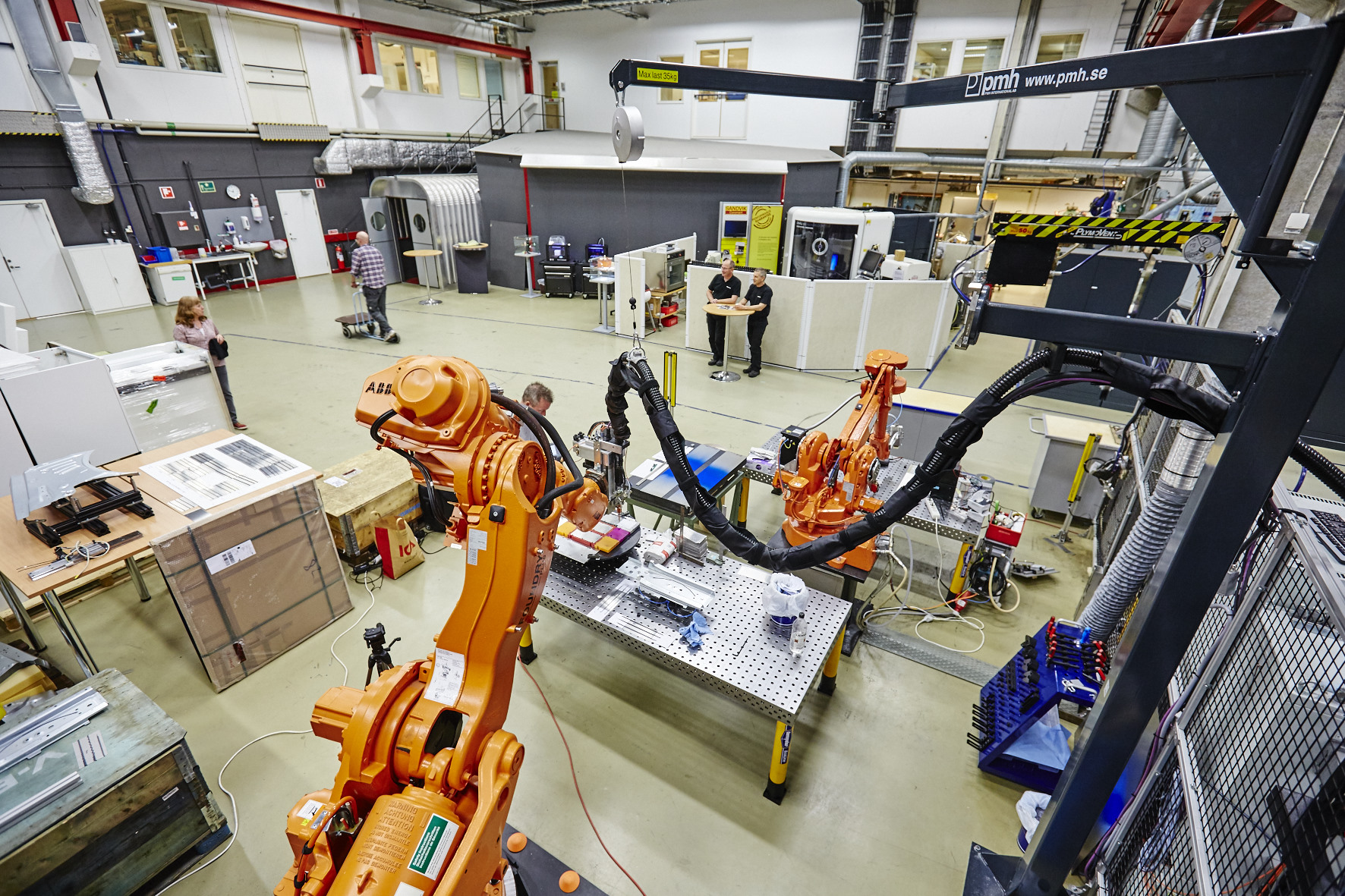The Move to 4.0 initiative has explored opportunities related to Big Data, artificial intelligence, robotics or additive manufacturing
TECNALIA Ventures has set up an Open Innovation network for SMEs willing to accelerate the transformation of their businesses towards Industry 4.0. In addition to TECNALIA, other partners have participated in the initiative, such as Aerospace Valley (France), DFKI (Germany), RISE (Sweden), Milan Polytechnic (Italy) and Patras University - LMS (Greece).
A total of 42 Spanish and French SMEs have participated in the Move to 4.0 programme, led by TECNALIA Ventures, which is TECNALIA´s Deep Tech Venture Builder, and backed by the European Commission. 47% of the participating SMEs have focused their expectations on identifying opportunities provided by Industry 4.0 technologies to revamp their offer.
They have analysed the possibility of incorporating intelligence to their products, enabling new forms of customer loyalty to be developed, as well as adding new services. 21% of the participants have explored opportunities related to quality whilst another 21% have focused on the efficiency of their processes. Finally, the remaining 11 % have focused on aspects related to time-to-market and others.
Industry 4.0 technologies are not only able to improve current businesses through digitalisation, but are also drivers of new business models.
Further information
Move to 4.0 has included a phase to identify the major challenges and opportunities for SMEs in Industry 4.0, as well as an evaluation of which technologies and practical uses may be implemented in each of them. The work format has included workshops and the drafting of personalised road maps, including a diagnosis of the company situation and an action plan to implement new technologies.
In total, 63 opportunities related to technological areas, such as Big Data and artificial intelligence aimed at the control of the production process or the management of work orders have been explored. Robotics and artificial vision focused on quality control in order to minimise faults and defects or, the use of additive manufacturing to obtain greater flexibility and personalisation.
With the implementation of the proposals put forward in Move to 4.0, it is expected that companies will obtain increased global competitiveness, productivity and quality, as well as a reduction in delivery time and costs.

